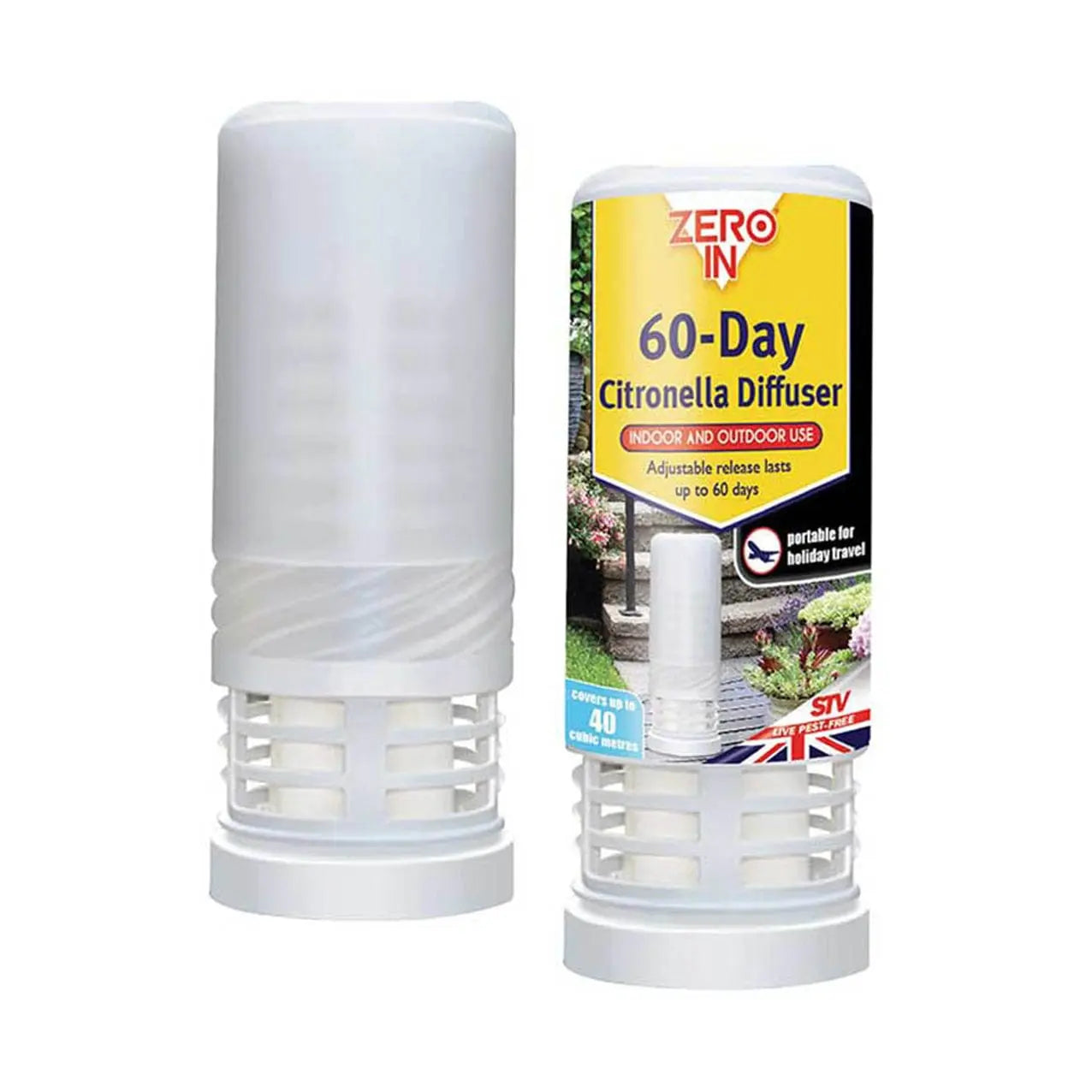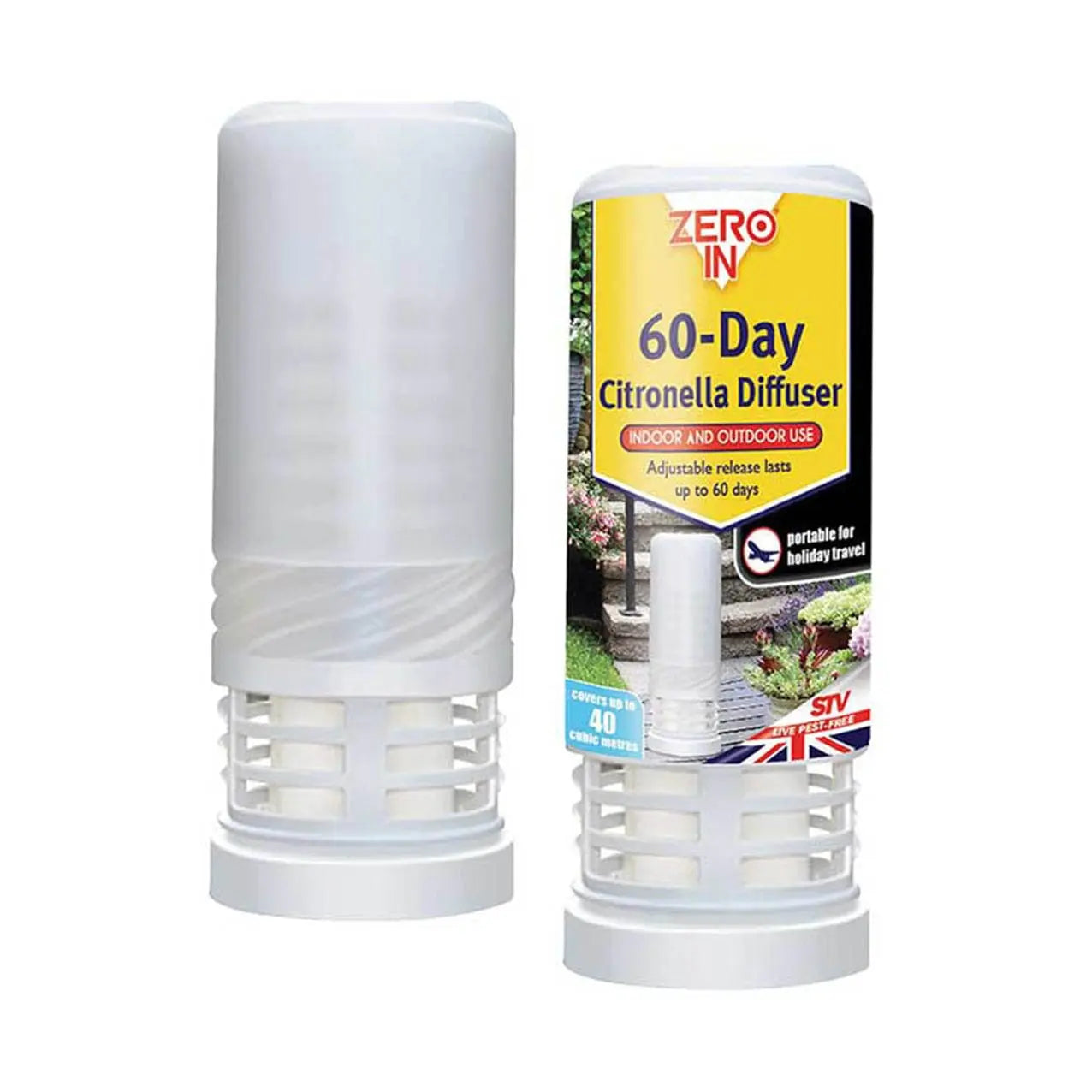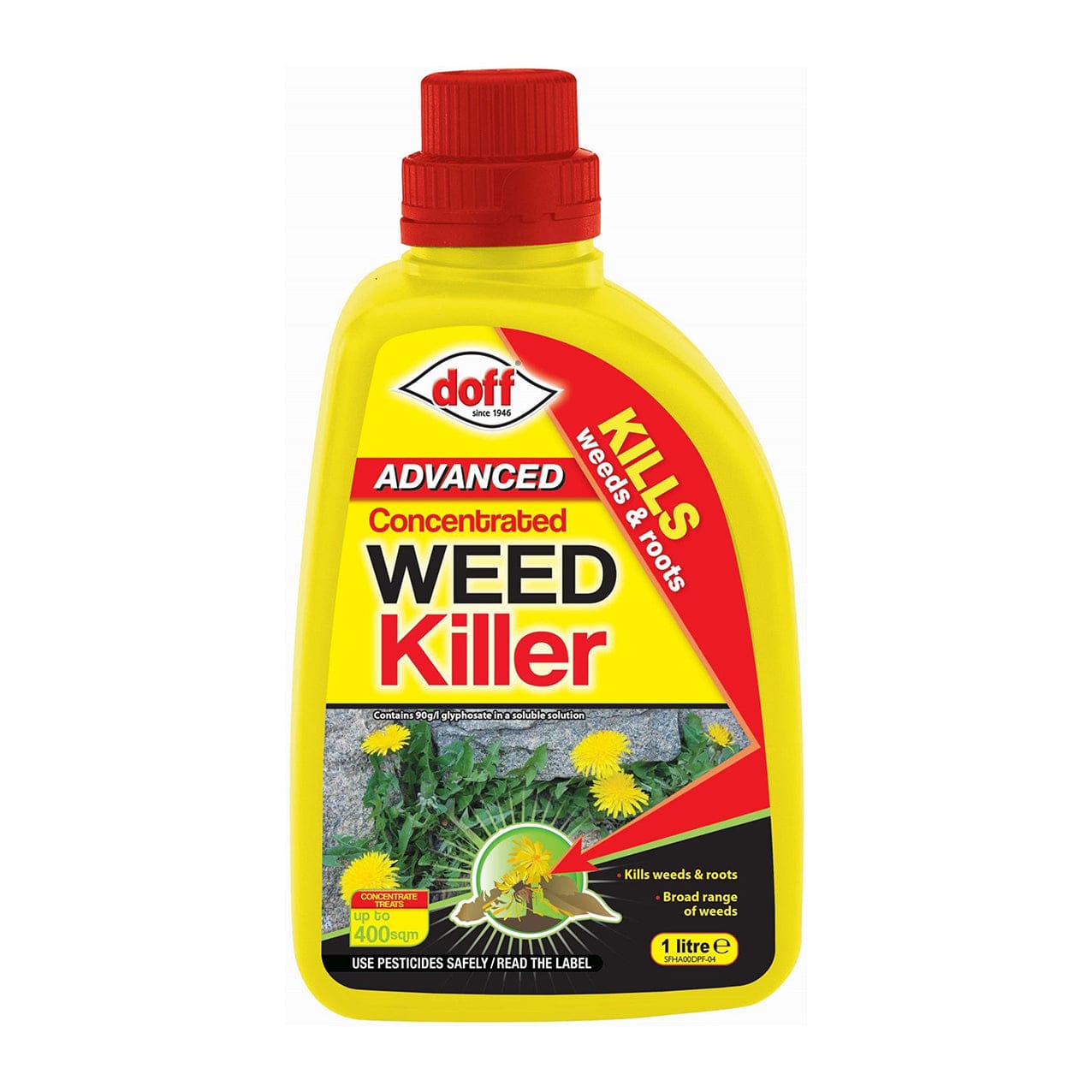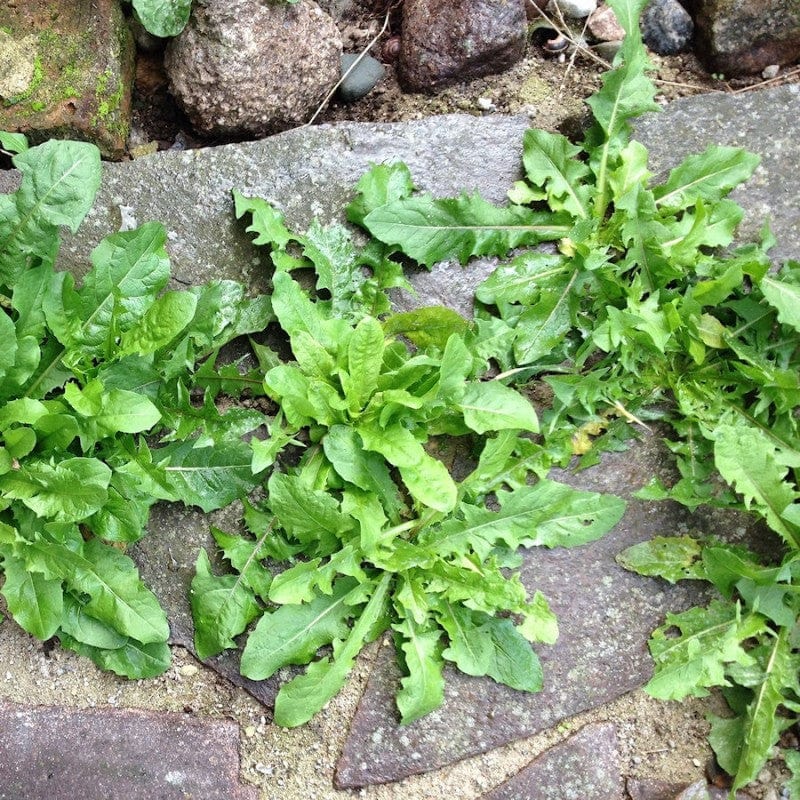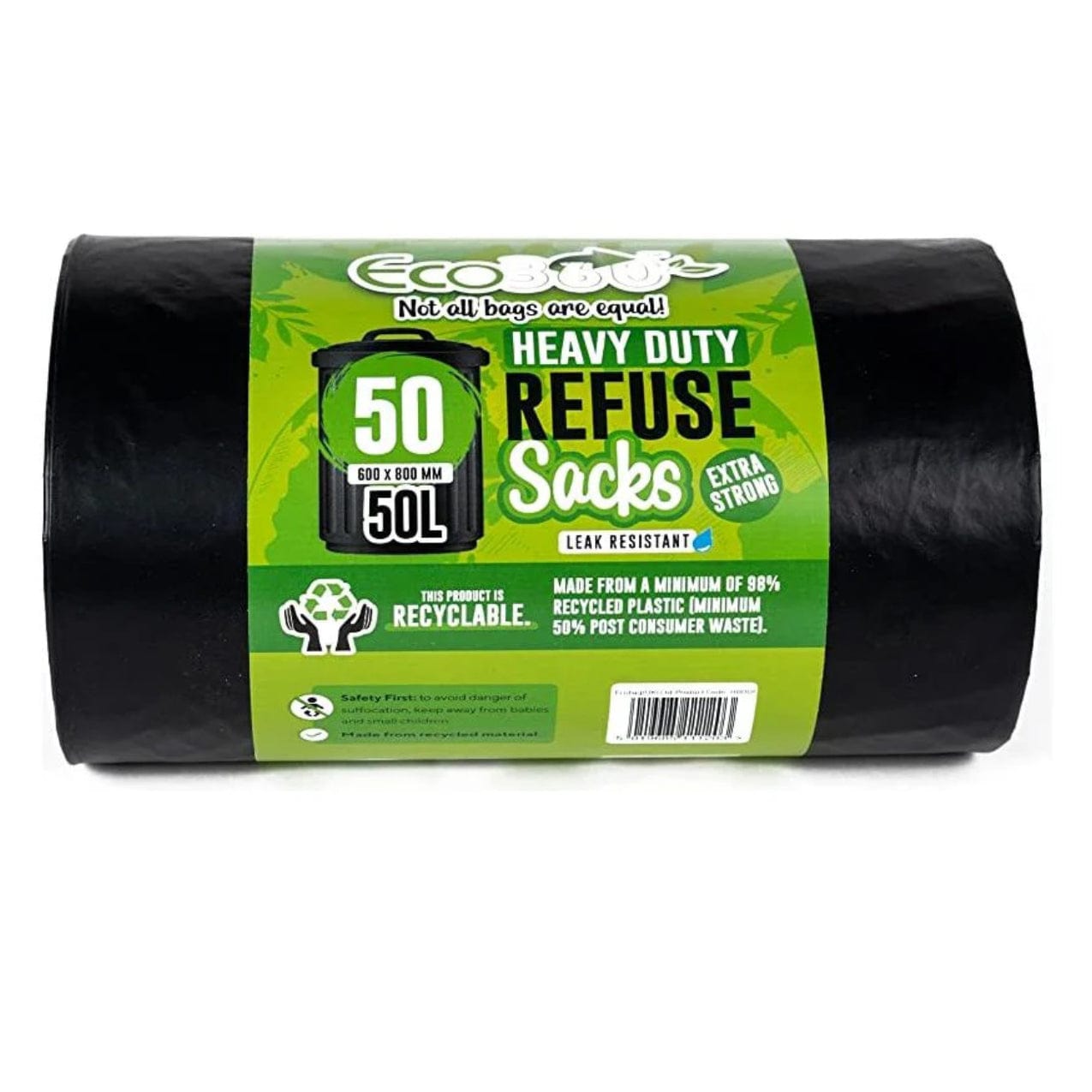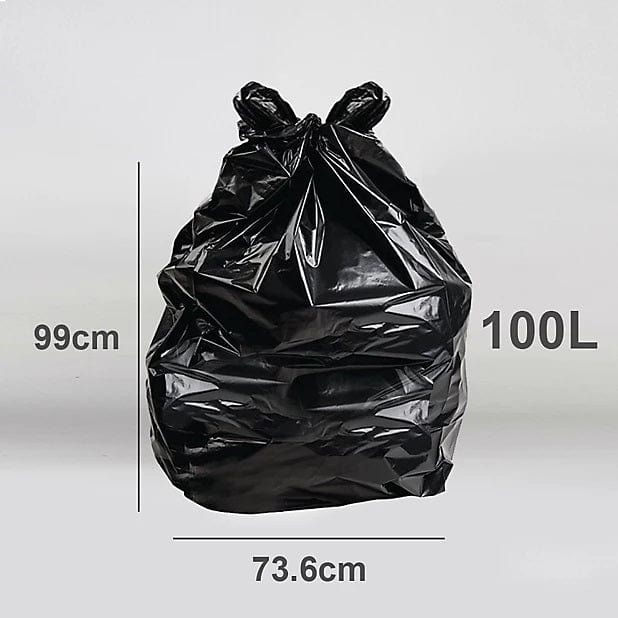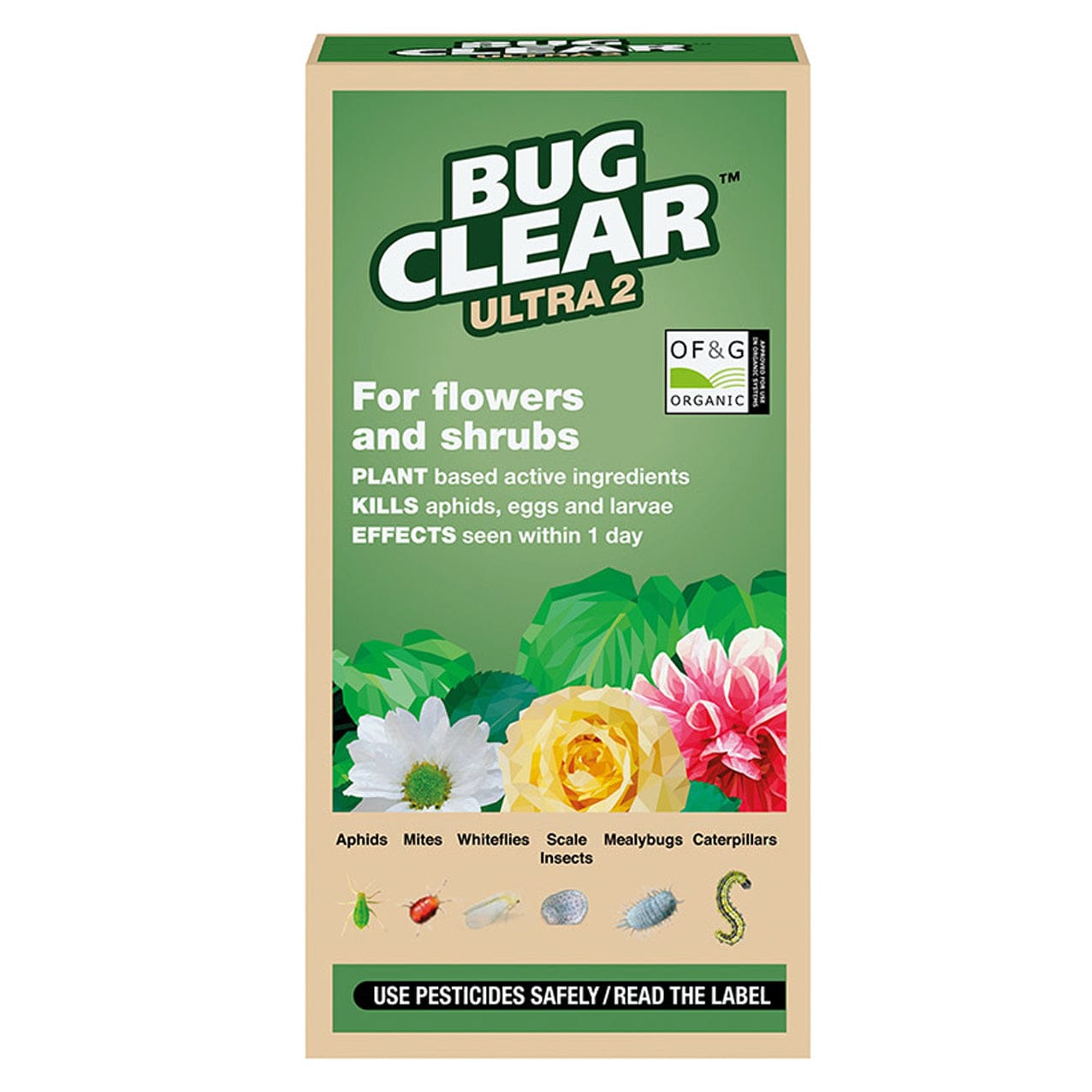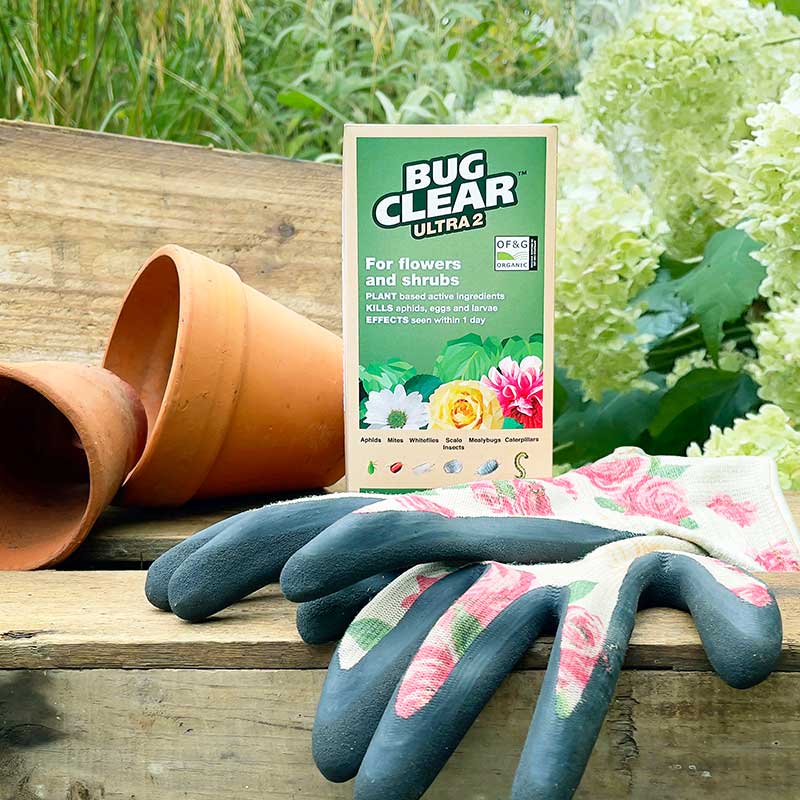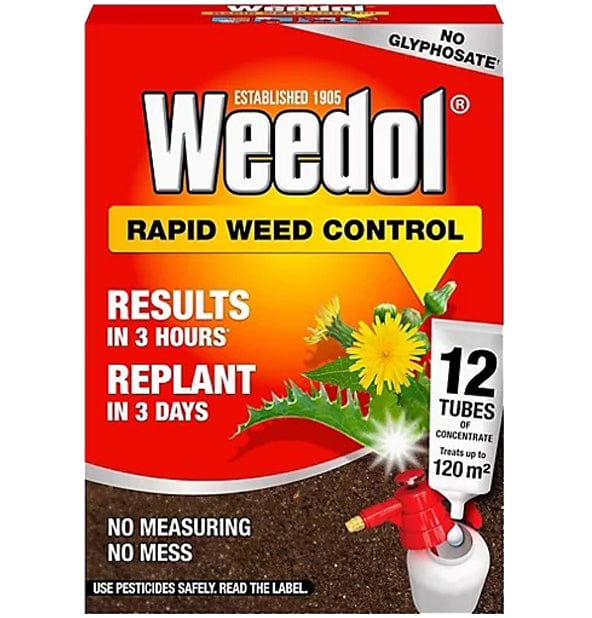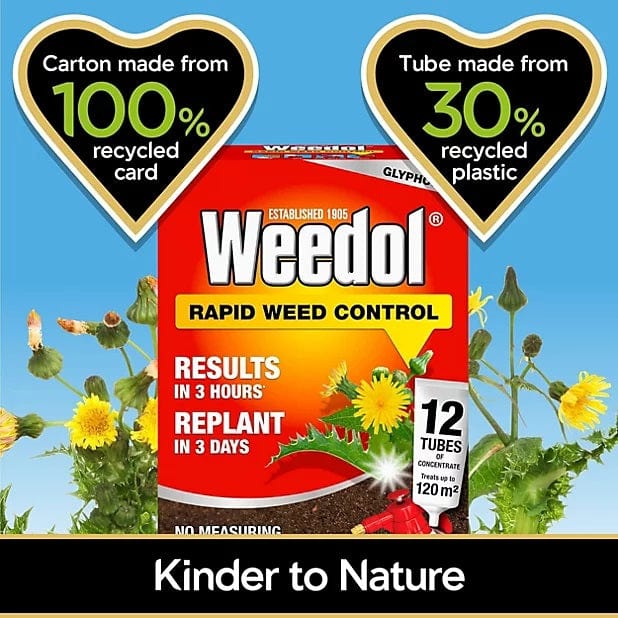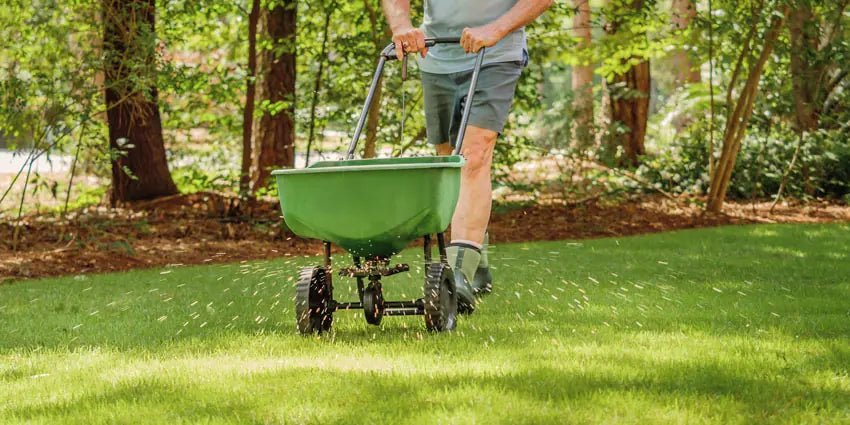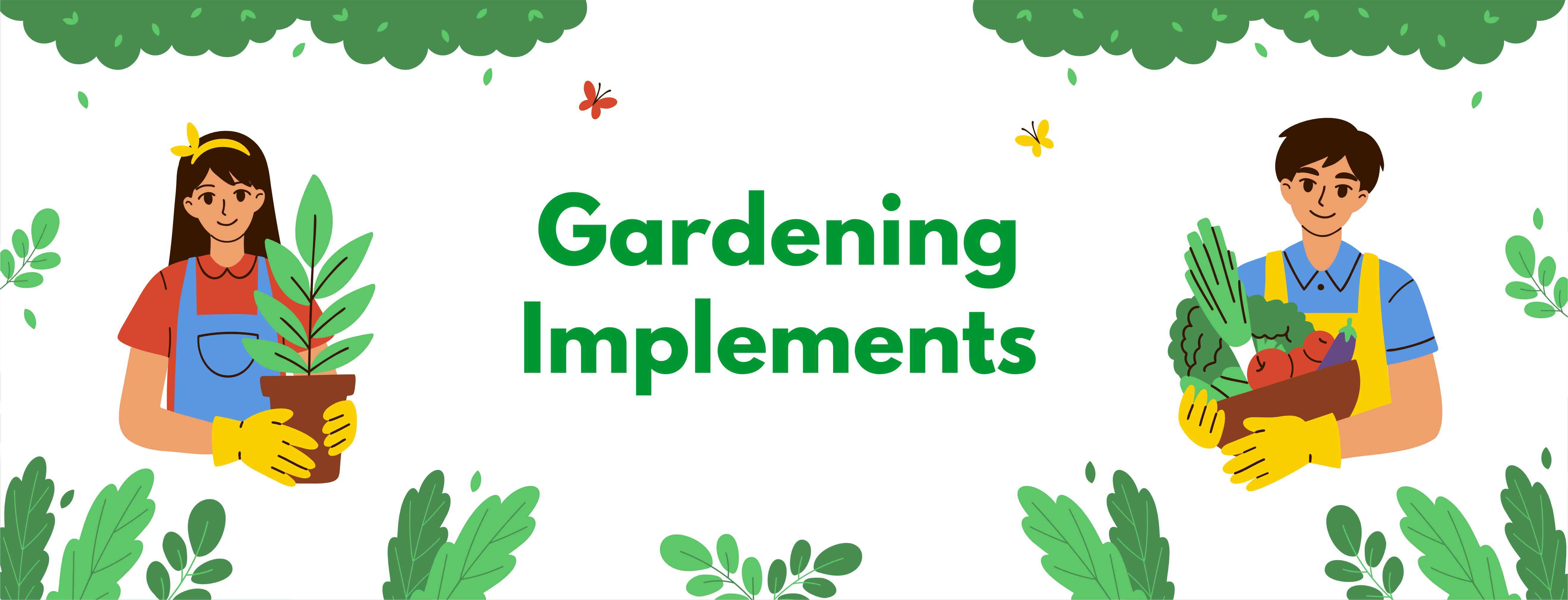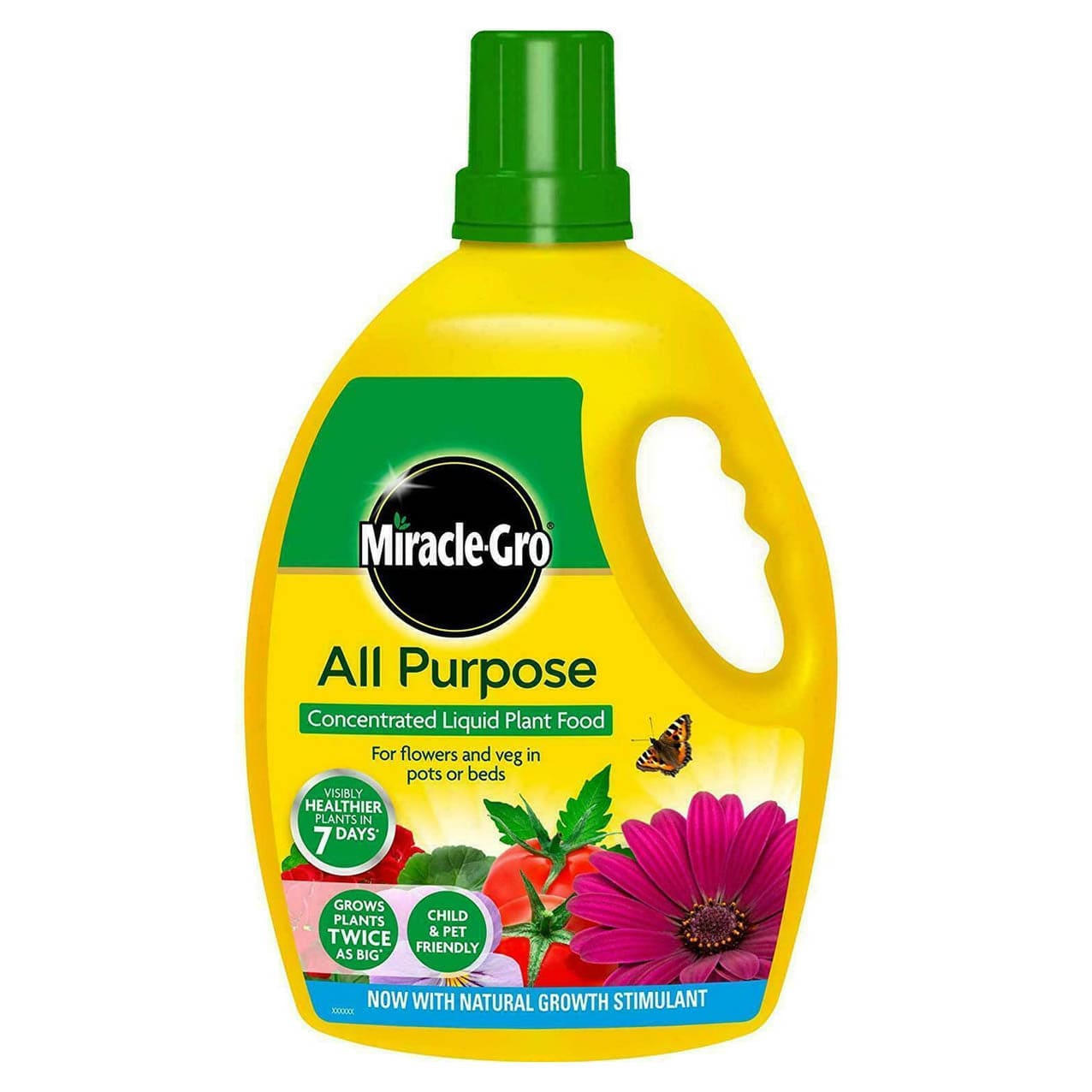Organic Pest Control Methods for Your Garden
- 〡
- 〡 by Fitfit Garden

Tomato hornworms, cabbage loopers, and flea beetles are just a few of the pests that can riddle the leaves of your plants and detract from the look of homegrown produce. But there's no need to break out the chemical pesticides when pests invade your garden because there are plenty of natural pest control options for organic gardening that are just as effective and safer for bees and other pollinators, too!
Be it vegetable gardens or flower gardens or even potato herbs- these organic gardening tips will do the job. Try one or two of these pest management solutions or use them all to keep your plants pest-free and thriving through all seasons!
5 natural pest control remedies for the organic garden
Well, organically controlling your pests is safe for you and the environment but also for your pollinators too. Contrasting chemical pesticides, these organic methods of pest control appearing below harmonize with nature and don't pose the same dangers to pollinators. Use these tips to deter a variety of garden pests from your beds of vegetables, containers, and pot plants.
1. Keep your plants happy.
Happy plants are healthy plants, and healthy plants are much better at resisting pests and diseases. So, if you want to keep garden insects from munching on your vegetables and flowers, you will first want to double-check that you are meeting your plants' specific growing needs.
For any plant to survive, it requires a balanced proportion of water, light, and nutrients. If this plant has any of the three missing, the strain is inevitable, and natural immunity will also be weakened. Hence, never forget to water your plants at specific times and give them sufficient sunlight simultaneously. This can also infuse your plants with more strength over time and make them more resistant to spider mites, aphids, and other garden marauders if fertilized with an organic liquid or granular fertilizer like kelp meal or fish emulsion during the growing season.
2. Let your plants be happy.
Healthy plants, by definition, make happy plants, and happy plants make for so much more resilient plants against pests and diseases. If you want garden insects not to snack on your vegetables and flowers, you might want to begin with double checking whether you are providing the exact growing conditions required for your plants.
Each plant needs water, sunlight, and nutrients for the growth and development. When these very basic elements are missing, a plant will be stressed, which will undoubtedly compromise the natural immunities of a plant. So, to avoid that very scenario, water them regularly and give the plants the proper amounts of sun. For example, you add organic liquid or granular fertilizers like kelp meal or fish emulsion throughout the whole growing season and, in addition, toughen up your plants over time so that they become less susceptible to spider mites, aphids, and other unwelcome visitors in the garden.
3. Do some good garden maintenance
Some plant debris should be left in your garden over the winter months; those will benefit pollinators and other beneficial insects. Most of the beneficial insects use old plant material as a safe roosting site in winter. However, if you do have problems in your garden with pests during the growing season, taking the time to do a good fall cleanup can prevent pests such as rodents and slugs from overwintering in your beds, then coming up again in spring when warmer weather is likely to arrive.
4. Rotate your crops.
Because pests often spend the winter in garden beds and then return in the spring to the garden, crop rotation on a 3- to 5-year cycle is suggested for your vegetable crops. Though it's especially important to rotate pest-prone plants like tomatoes and other nightshades, really it helps all vegetables by crop rotation.
The rotation of crops should avoid planting the same type of plants in the same area of the garden for a few years, so be sure to keep track of what you planted where in a garden journal or a word document. Pests tend to target members of the same plant family. Hence, if your tomatoes possessed tomato hornworms, you would want to avoid tomatoes, peppers, eggplants and other nightshades from that section of the garden for a few seasons.
5. Grow resistant cultivars.
Squash vine borers can destroy a crop of zucchini or summer squash in days, and they overwinter in vegetable beds, so they can be quite the nuisance for many years. On the bright side, just substitute your plants with pest-resistant cultivars!
Pest-resistant plants are bred with characteristics that make them more repellent or naturally resistant to pests, so you will have to do less to keep them pest-free. One example of how this works is the acorn squash plant does not grow hollow stems like other varieties of squash, so it is less attractive to the squash vine borer. Tomatoes referred to as Andean tomatoes naturally exude a sticky substance repelling most common tomato pests.
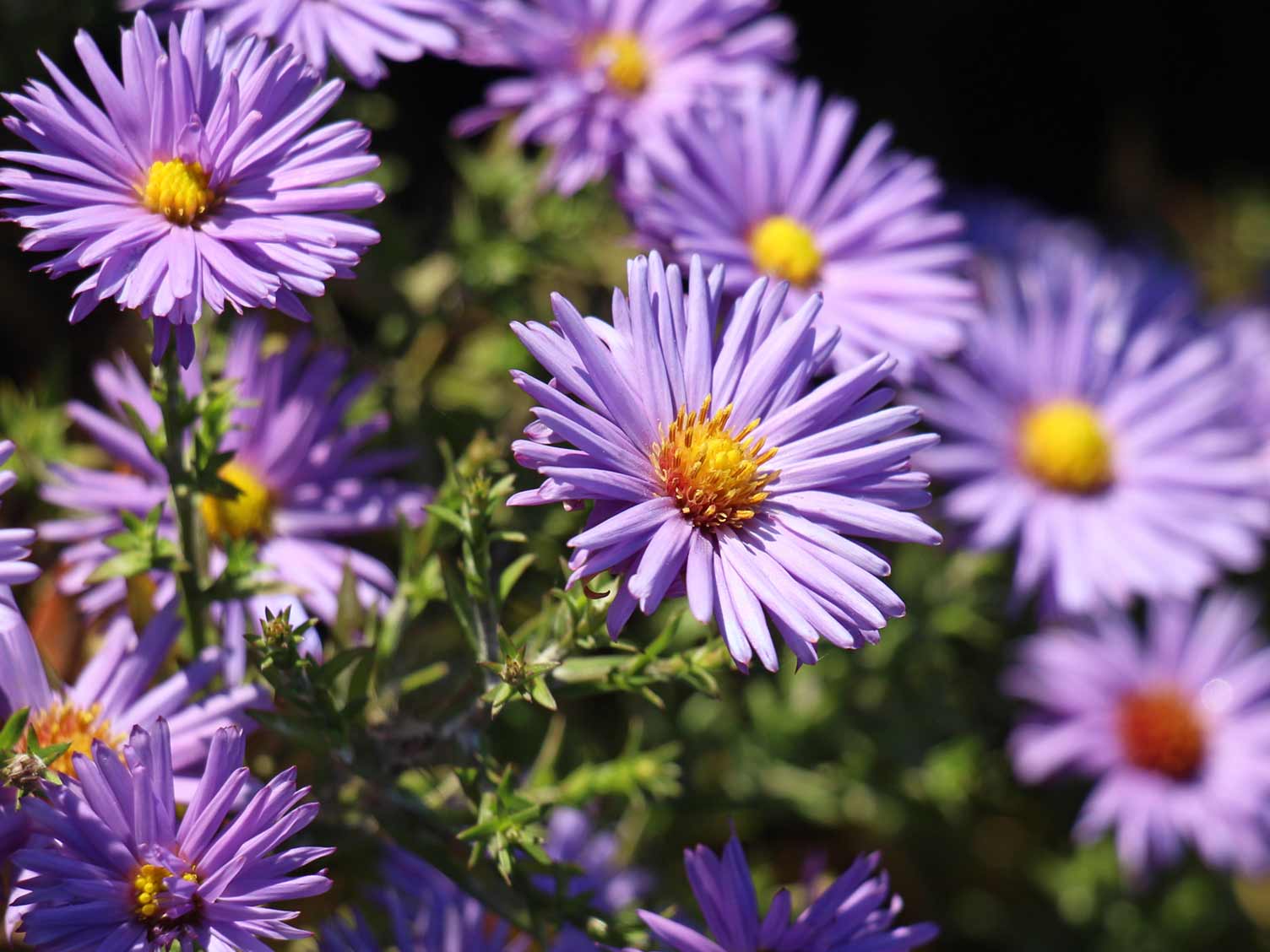
Select a pest and you'll usually find an organic treatment for that pest.
Prevention
The best way to prevent having insects in your garden is not to let them in your garden. Healthy gardens are your best defense.
Remove poor plants
They may already have disease. If not, they will attract pests. Pull the plant up and take it as far away from your garden as you can.
Ensure healthy organic soil
Construct wholesome, robust plant growth using natural methods of composting, mulching, and top dressing your soil with compost or natural fertilizer. Learn more about how to make and feed healthy garden soil.
Disturb less
No-dig or no-till gardening reduces the pests brought to the soil and increases the good microbes.
Use seaweed mulch or spray
Seaweed has trace elements that comprise iron, zinc, barium, calcium, sulphur and magnesium that boost healthy development of the plant. Mulching or spraying the plants with seaweed will stimulate growth and make them stronger against diseases. Also, mulching with seaweed repels slugs from the garden.
Habitat control
Dispose dead woods and weeds from the garden area because these are the breeding sites of insects. Use clean mulch.
Dry leaves
Water early so foliage will be dry for most of the day. Wet foliage encourages insect and fungal damage to your plants. See our page on drip irrigation for methods of delivering water to the root systems without wetting the foliage.
Disinfect
If you've been working with infested plants, clean your tools before moving on to other garden areas. This will reduce the speed of invading insects.
Use not certified transplants
Transplantation of plants from one garden to another may risk transmission of pests and diseases. Obtain the plants and soil amendments from a reputable supplier so that introduction is clean and free of pests and diseases.
Encourage Snake Habitat
While nobody enjoys seeing snakes, there are many species of garden snakes that really help to control small rodents, slugs, grasshoppers and more. Get familiar with the good guys of snakes in your area and do your best to expand their habitat around and within your garden. To learn more, check out these 3 snakes that are your garden's best friend.
Beneficial Insects
Some useful insects you can encourage to visit your garden or buy through catalogues feed on pests or their larvae. There are many varieties of specific problems, and further information is available at some of the links listed on this page.
Braconidae, chalcids, and ichneumon wasps
These tiny beneficial insects kill eating caterpillars. You can attract them to your garden by including carrots, celery, parsley, caraway and Queen Anne's lace in your planting, all of which are of the Umbelliferae family. They are easy to grow and some should be allowed to flower - it is the flower that attracts the insects.
Ladybugs
General feeder which eats aphids, mites, whiteflies, and scales. Plant daisies, tansy, or yarrow and they will be there to dine. They can also be obtained through mail order catalogues.
Lacewings
Lacewings are voracious feeders on aphids, and the larvae feed on aphids and other species of other pest insects. They also are attracted to "composite" flowers, such as yarrow, goldenrod, black-eyed Susans, and asters. Lacewings may also be purchased online at the links below and could be added directly to your garden.
Hover-flies
Hover-flies are voracious consumers of aphids. The larvae of hover-flies feed on aphids and other insect pests. Like the Lacewings, they are attracted to "composite" flowers such as yarrow, goldenrod, black-eyed Susans, and asters. Seeds for these flowers can be found online or at Fit Fit garden centers.
Praying mantis
These large insects consume most of the garden pests. Eggs of praying mantis are readily available and can be spread throughout the garden so that they hatch and become adults right away. Nematodes can be obtained through mail order and in catalogs.
Nematodes
Nematodes can kill cutworms, one of the main garden pests that consumes seed sprouts before they can develop into seedlings. They also kill beetles and larvae of the root weevil.
Nematode eggs are microscopic, so you get them in small sponges-a million at a time. They mix it with water, apply it to the soil, then hatch and go to work. If they find their way onto foliage, simply wash them off to the ground.
Organic Methods for Managing Stress and Pest Stress of Vegetable Crop
But what about bugs?
I have bugs everywhere on my plants! How do you plant your plants right next to each other without bugs?
Why don't those bugs eat your plants like they eat mine?
Few things are more frustrating than to lovingly tend your edible plants, and then have your prized veggies become a tasty meal for something else.
I know this because, of course, I also have bugs in my garden, and, yes, they eat their fair share of leaves.
It's almost impossible to have an entirely pest-free garden. Pests, after all, are only waiting around for some food to arrive. In fact, the only way one might avoid having any kind of bug or unwelcome critter in a garden is to garden in a hermetically sealed environment.
Why Are Pests in Our Gardens in the First Place?
Pests are part of the food growing process.
In nature, insects eat good plants. I learned this from bushels of fresh, organic sweet corn at the farmers' market, where caterpillars greeted me each time I opened up an ear. The following week, while mentioning the caterpillars to the farmer working the stall, she smiled and said, "Honey, if the caterpillars don't want to eat it, it ain't no good."
It was that aha moment for me. Bugs on your produce prove it's something worth eating. Even bugs won't eat food sprayed with pesticides and herbicides, and if they don't want it, is it really something you want to put in your body?
Now, if you are a really healthy and happy garden, well obviously bugs want to come and dine out of it, just like those caterpillars wanted that yummy sweet corn. I mean if I was a bug and looked at this garden, I'd totally want to do little fine dining here .
Why Organic Gardening and Farming Are Better for the Environment?
Suppose you go outside to your garden, see some aphids on the leaves of your collard greens, and spray a little pesticide to kill them off. Harmless, right? You are only messing up your own little microcosm, right?
Now imagine a farmer sprays his entire vegetable garden. Imagine a huge agrofirm spraying one field following another. In each of these scenarios we are doing much more than killing one particular insect by spraying on a leaf .
Apart from killing the insects, pesticides used in agriculture encompass herbicides and nematicides, molluscicides, piscicides, avicides, rodenticides, bactericides, insect repellents, animal repellents, antimicrobials, and fungicides.
Pesticides Pollute Groundwater
Every time it rains, all those sprays that have been sprayed on your lawn and your garden are washed along the street into the sewer and end up in the city's water system. If you live near an ocean, now those chemicals are affecting marine life. Same thing with rivers and lakes.
Wildlife Is Impacted by Pesticides
That pesky insect may pester us but is a treat for something bigger on the food chain. Lousy pesticides, whatever they assimilate, migrate all the way up the food chain and really creates a ripple effect locally.
We're all connected. The idea that you can just spray a group of plants or an isolated farm is just not realistic. You're really impacting insects that we rely on to build up our food system and the animal that eats them, and the animal that eats them and so on.

